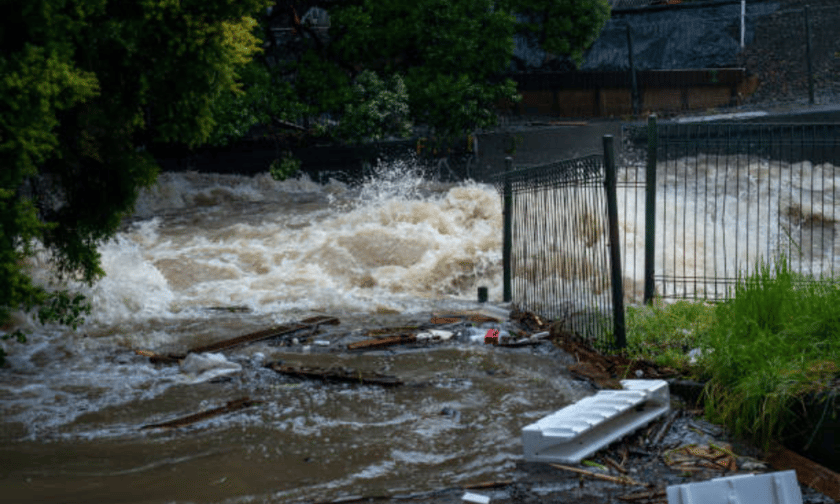

The Australian Consumers Insurance Lobby (ACIL) has voiced concerns regarding the newly announced premium rates for the Cyclone Reinsurance Pool, which will come into effect on April 1, 2025.
The rates, released by the Australian Reinsurance Pool Corporation (ARPC), fail to resolve the long-standing differences in insurance costs between Northern Australia and other regions, according to the lobby group.
ACIL chairperson Tyrone Shandiman claimed that there is still a significant disparity in home and strata insurance premiums between regions north of the Tropic of Capricorn and the rest of the country.
“This disparity unfairly burdens Northern Australian residents,” he said.
Although ACIL recognises that ARPC is operating within the Treasury Department’s framework for the pool, it is advocating for a comprehensive review of the current structure, which it views as flawed.
A key issue raised by the lobby group is the absence of contributions to the Cyclone Pool from residents in areas south of Port Macquarie, including Sydney, leaving Northern Australians to cover these areas.
“This is despite historical data showing that cyclones have impacted Sydney in the past,” Shandiman said.
ACIL noted historical records showing that cyclones impacted New South Wales, including Sydney, about once every two years between the 1940s and the 1970s, with 16 cyclones recorded during that period. These storms were linked to the Interdecadal Pacific Oscillation (IPO), a weather pattern that recent research suggests could return.
Warmer sea temperatures recorded off Sydney’s coast in autumn 2024, driven by the East Australian Current, also indicate a possible increased cyclone risk for New South Wales.
Despite these concerns, regions south of Port Macquarie are exempt from contributing to the pool, which ACIL argues creates an unfair distribution of risk and financial responsibility.
The organisation maintains that while the reinsurance pool is vital to improving insurance accessibility and affordability in high-risk areas, it will not achieve its goal without significant changes.
Shandiman said that the pool must ensure that the burden is spread fairly and that high-risk areas are not left to cover other regions that may also face cyclone risks.
“The pool needs to ensure that high-risk areas are not forced to subsidise free cover for areas with a history of cyclone activity or emerging risks,” he said.
ACIL is urging the federal government to reconsider the pool’s design in the upcoming 2025 review.
In addition to addressing cyclone reinsurance, ACIL has also raised concerns regarding the General Insurance Code of Practice, particularly the use of expert reports in claims processes. The group believes the current standards do not provide enough safeguards to ensure accuracy and fairness in these reports, leaving consumers in a weaker position when challenging insurer decisions.
